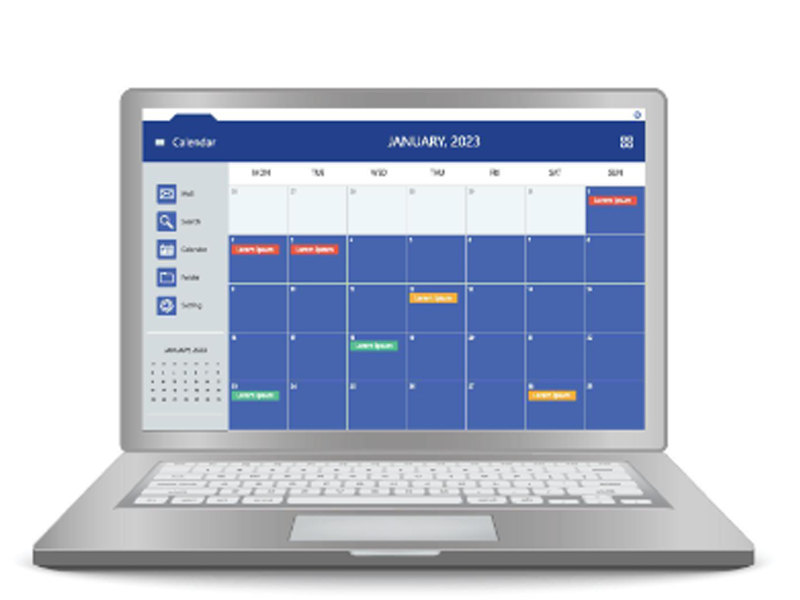CRM
Monthly / Weekly Overview
The weekly or monthly overview feature offers a snapshot of key activities, progress, and targets. This aids in tracking performance over time and making informed decisions based on trends.The weekly or monthly overview feature offers a snapshot of key activities, progress, and targets. This aids in tracking performance over time and making informed decisions based on trends.


CRM System with Activity Logger
An activity logger records all interactions and engagements with leads and customers. This historical data helps sales teams understand customer preferences, track communication, and make more personalized sales pitches.
Multiple Sales Teams & Targets
For larger organizations, the ability to manage multiple sales teams and set individual targets is essential. This enables effective team management, accurate performance tracking, and goal achievement.


Sales Orders & Invoices
A cloud-based CRM system offers the advantage of accessibility from anywhere, facilitating remote work and collaboration. It also ensures data security, automatic updates, and scalability for growing businesses.
Advanced Project Management System
An integrated project management system within a CRM can help manage complex projects related to sales or customer implementations. This ensures collaboration among teams, accurate timelines, and successful project delivery.


Quotation Digital Approval
The ability to digitally approve quotations directly within the CRM system adds another layer of convenience. This feature can speed up decision-making and provide a clear audit trail of approvals.

Interactive Dashboards
Interactive dashboards provide users with a visual overview of key performance indicators (KPIs) and metrics. These dashboards offer real-time insights into sales performance, lead progression, and other relevant data. This empowers users to make informed decisions and identify areas for improvement
Customers & Contacts
The heart of any CRM system is its ability to store and manage customer information. This includes not only basic contact details but also a history of interactions, preferences, and purchase history. This centralized repository ensures that sales, marketing, and customer service teams have a complete view of each customer, leading to personalized experiences and improved customer satisfaction.


Lead Management
Lead management is a critical function of any CRM system. It allows businesses to efficiently track and manage potential customers or leads, from initial contact to conversion. With an effective lead management module, your CRM software can help businesses organize, prioritize, and nurture leads, leading to increased sales and improved customer relationships.
Opportunity Management Software
Opportunity management within a CRM system helps sales teams track and manage potential deals or opportunities. This feature enables businesses to identify prospects that are likely to convert into customers, track progress through the sales pipeline, and allocate resources effectively to close deals.

